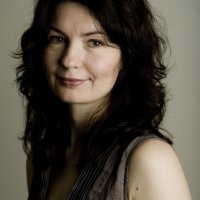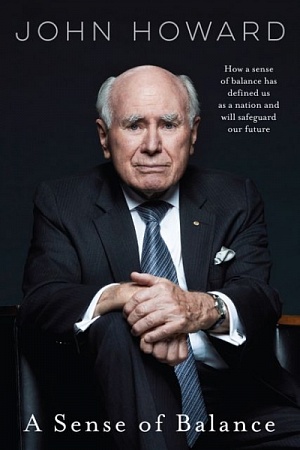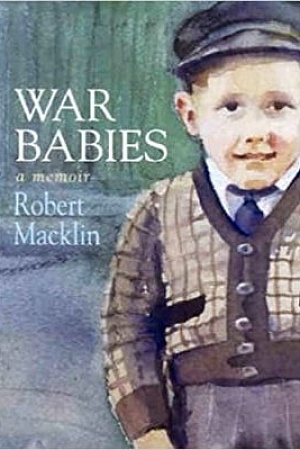Nothing Bad Ever Happens Here
Allen & Unwin, $32.99 pb, 256 pp
Joy is my discipline
The Tasmanian childhood recounted by Heather Rose sounds idyllic, to the point of being suspect, a too-perfect vision of wholesome family life. ‘We do not own a television. Books and games, music and friends, the radio and the outdoors are our entertainment,’ she writes. In this paradise of neighbourly trust, ‘no-one locks their doors. We are welcome in everyone’s houses.’ Rose remembers her mother as a domestic goddess: ‘Along with a career, four children and a husband, she bakes and cooks, sews, preserves, sings, embroiders, gardens, arranges flowers, decorates cakes, and makes kayaks and pottery’, while also contriving to be ‘slender, elegant’, and beautiful. At this point, you might wonder if the title – Nothing Bad Ever Happens Here – is not, as you first assumed, meant to be ironic. But how long can this flawless, nostalgic reverie be sustained?
The answer is, not very long. The inevitable ‘Bad Thing’ arrives when Rose’s older brother Byron drowns along with her grandfather in a boating accident near their holiday house at Saltwater River in south-east Tasmania. Byron is fifteen; Rose is twelve. This is the end of the idyllic family. It precipitates the breakdown of her parents’ marriage as well as an enduring, painful rift between Rose and her mother.
In her acclaimed novel The Museum of Modern Love (2018), Rose quotes the legendary acting teacher Stella Adler: ‘Life beats down and crushes the soul, and art reminds you that you have one.’ Byron’s death, this crushing blow delivered by fate, offers a key to the prevalence of loss and grief in Rose’s fiction.
Rose does write about her eventual discovery of art, but the book focuses heavily on the contours of her eccentric spiritual journey, first as a young woman still traumatised by loss, and later as a mother searching for meaning, apparently summoned by mystic forces beyond her conscious understanding.
Continue reading for only $10 per month. Subscribe and gain full access to Australian Book Review. Already a subscriber? Sign in. If you need assistance, feel free to contact us.











Leave a comment
If you are an ABR subscriber, you will need to sign in to post a comment.
If you have forgotten your sign in details, or if you receive an error message when trying to submit your comment, please email your comment (and the name of the article to which it relates) to ABR Comments. We will review your comment and, subject to approval, we will post it under your name.
Please note that all comments must be approved by ABR and comply with our Terms & Conditions.